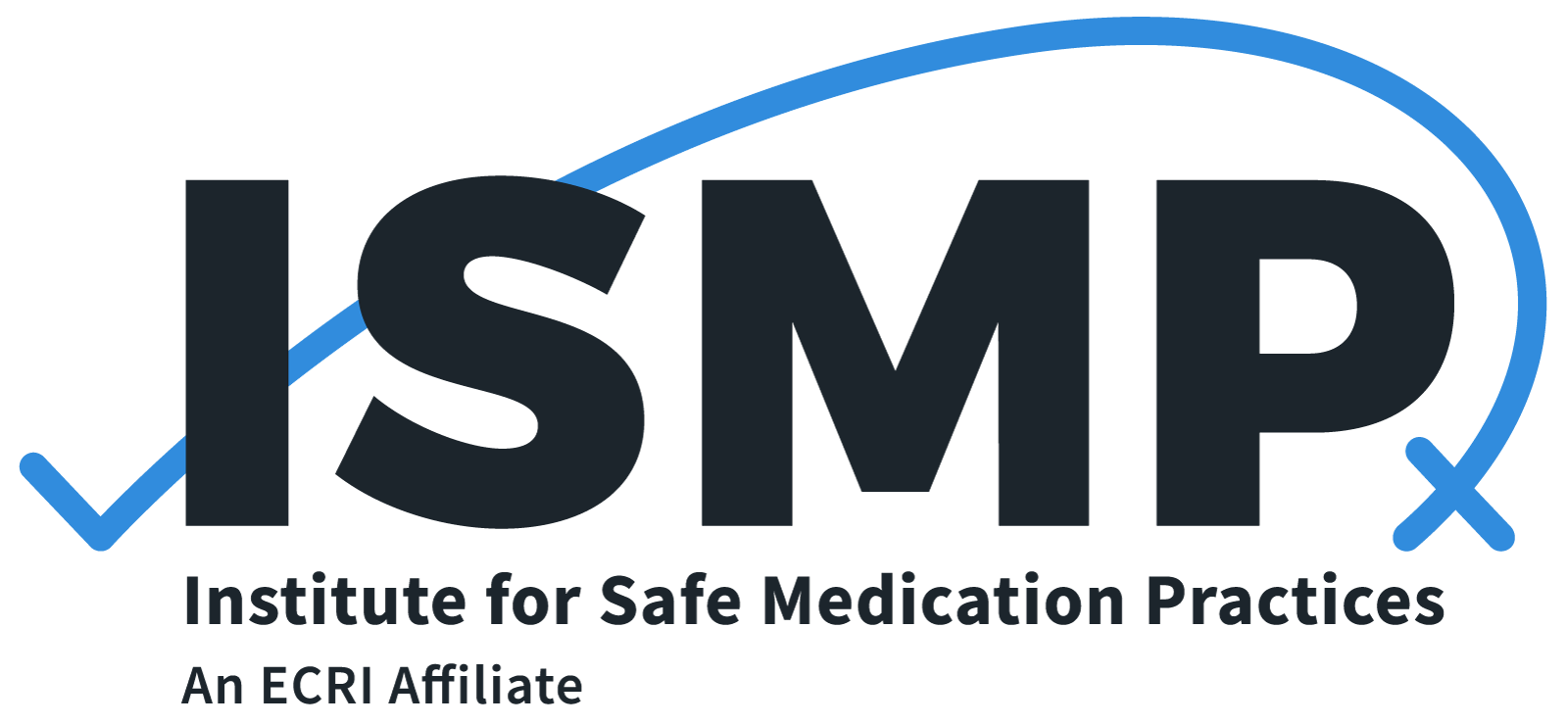ISMP Provides Recommendation for Organizations Preparing for COVID-19 Vaccine Administration
Learning from experience with this year’s flu vaccine can help healthcare organizations and practitioners get ready for COVID-19 vaccination campaigns. COVID-19 vaccination will be historic, with hundreds of millions (billions globally) of doses administered, and it will be crucial for any healthcare provider who plans to stock and/or administer the vaccines to hear about prior errors reported to the ISMP National Vaccine Errors Reporting Program, anticipate similar situations could happen, and take the necessary steps to get their facilities ready. An article in the November 19, 2020 ISMP Medication Safety Alert!® newsletter analyzes the causes of those errors and provides safety tips for hospitals and community practice settings.
ISMP’s recommendations for preparing for flu and COVID-19 vaccination campaigns include:
-
Advance planning. Facilities should take into consideration infection control measures, storage capacity and potential storage issues, optimal staffing levels, and anticipated language barriers, and plan to conduct exercises during the first phase of essential worker vaccination to assess how well implementation is proceeding. They also should create and/or examine protocols that will be used, establish in writing how shortages will be managed, make sure policies and procedures require staff to verify immunization status prior to vaccination.
-
Safe storage. This includes sufficient cold chain capacity to allow vaccines to be stored separately from other medications, storage temperature monitoring at all times, monitoring expiration dates, labeling the area where vaccines are stored, and keeping vaccines in the original fully labeled carton to help prevent errors and protect the vaccine from light. During refrigeration, if medications such as insulin or other injectables are present, make sure they are sequestered in separate closed containers.
-
Staffing and training. Vaccination campaigns should be conducted by trained providers who have demonstrated competencies related to flu and/or COVID-19 vaccines and error prevention strategies. Confirm staff involved know how to search vaccine registries and document immunizations, and verify staff understand the need for read back/repeat back of oral communications while wearing a mask or face shield.
-
Safe dispensing. Use commercially available, prefilled syringes wherever possible, and when space permits, affix auxiliary labels or highlight important vaccine information on vials. Establish a process to keep two-component vaccines together if storage requirements do not differ, and use barcode technology if available.
-
Safe administration. Label all vaccine syringes, employ barcode verification prior to administration where possible, document administration in a vaccine log and record in vaccine registry, and report required information to relevant state, local, or territorial public health authority.
-
Patient education. Provide a Vaccine Information Statement prior to vaccination in the primary language of the targeted population, and a completed vaccine record card to every vaccine recipient/parent/legal representative after administration.
-
Report adverse events. Establish a vaccine safety monitoring system, and report any errors, adverse effects, multisystem inflammatory syndrome to the CDC’s Vaccine Adverse Event System (VAERS) (https://vaers.hhs.gov/). Report vaccine errors to the ISMP National Vaccine Errors Reporting Program (https://www.ismp.org/report-medication-error); reports will be automatically forwarded for VAERS.
For a copy of the ISMP newsletter article with analysis of reported flu vaccine errors and prevention strategies, visit: https://ismp.org/resources/learning-influenza-vaccine-errors-prepare-co…. Access may require free registration.
